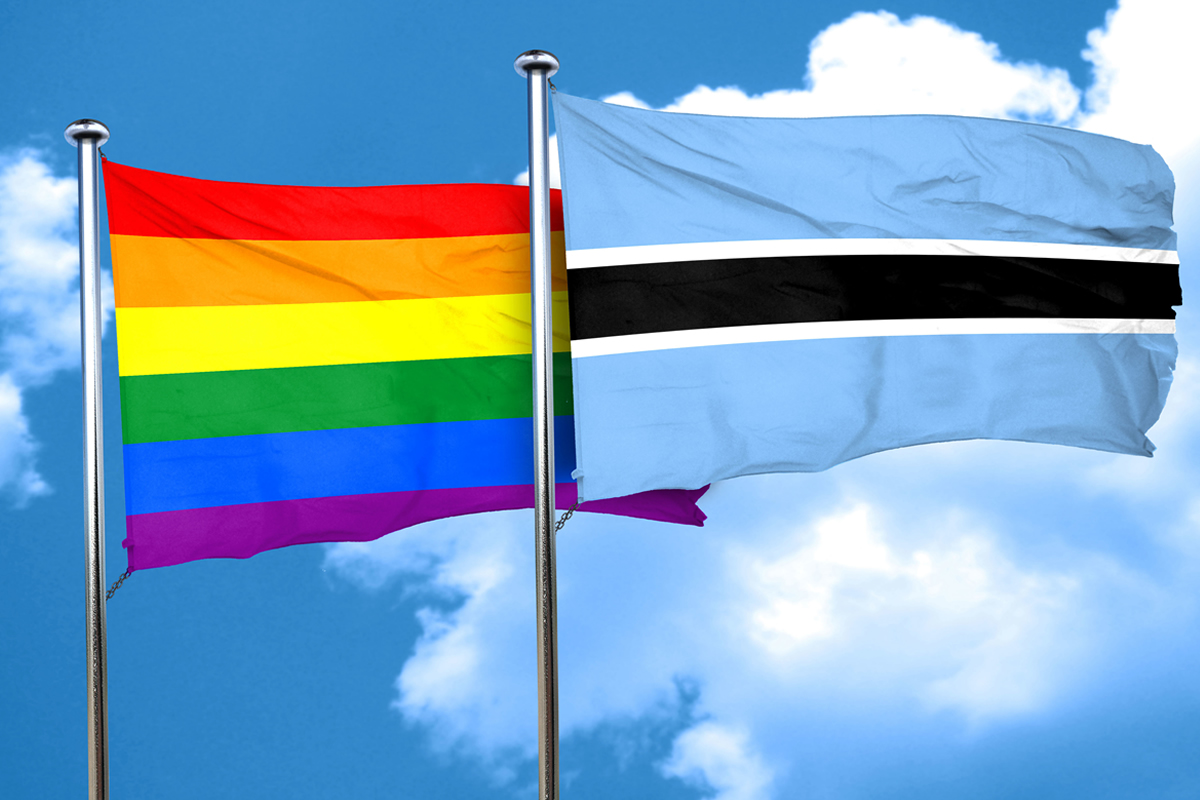The High Court of Botswana has, in a landmark ruling and a unanimous decision by the bench declared Section 164 and 165 of the Botswana Penal Code that previously criminalised same-sex sexual acts, as unconstitutional. Botswana joins Angola, Mozambique, Seychelles, and South Africa as members of the Southern African Development Community (SADC) to have decriminalised same-sex sexual acts, a progressive outlook for this region. The Botswana decision comes not so long after Kenyan judges upheld similar provisions in the Kenyan Penal Code criminalising same-sex sexual acts, a sad contrast.
The Centre for Human Rights congratulates the Botswana government, its people and the lesbian, gay, bisexual and transgender community upon this development. It is one more stone turned in the pursuit of human rights for lesbian, gay, bisexual, and transgender persons in Africa and the freedom to love and be intimate with whomever one chooses. Love and intimacy between consenting adults can never be wrong.
What it means for Botswana
By making this ruling, Botswana has adhered to several international human rights standards, among them the African Commission’s Resolution 275 on Protection against Violence and other Human Rights Violations against Persons on the basis of their real or imputed Sexual Orientation or Gender Identity. Resolution 275 expressly calls upon African member states to enact and effectively apply appropriate laws that prohibit all forms of violence targeting persons on the basis of their real or imputed sexual orientation or gender identities, noting that violence includes arbitrary arrests and detentions. In many African countries, violence and discrimination are perpetuated by laws that criminalise lesbian, gay, bisexual and transgender persons, and where there are no legal protections against violence and discrimination based on sexual orientation and gender identity.
The call is now made to the Botswana government to make concrete the rights of its lesbian, gay, bisexual and transgender community by ensuring the effective enforcement of anti-discrimination and anti-violence legislation to protect the country’s lesbian, gay, bisexual and transgender population. The country should also embark on a deliberate education and sensitisation campaign to bring the population on par with the need to respect the rights of lesbian, gay, bisexual and transgender persons post-decriminalisation.
What it means for the rest of Africa
The Centre calls upon other African states that still criminalise same-sex sexual acts to follow the example of Botswana, a fellow African state, and consolidate the rights of lesbian, gay, bisexual and transgender persons to dignity and non-discrimination as equally enjoyed rights.
For more information, please contact:


